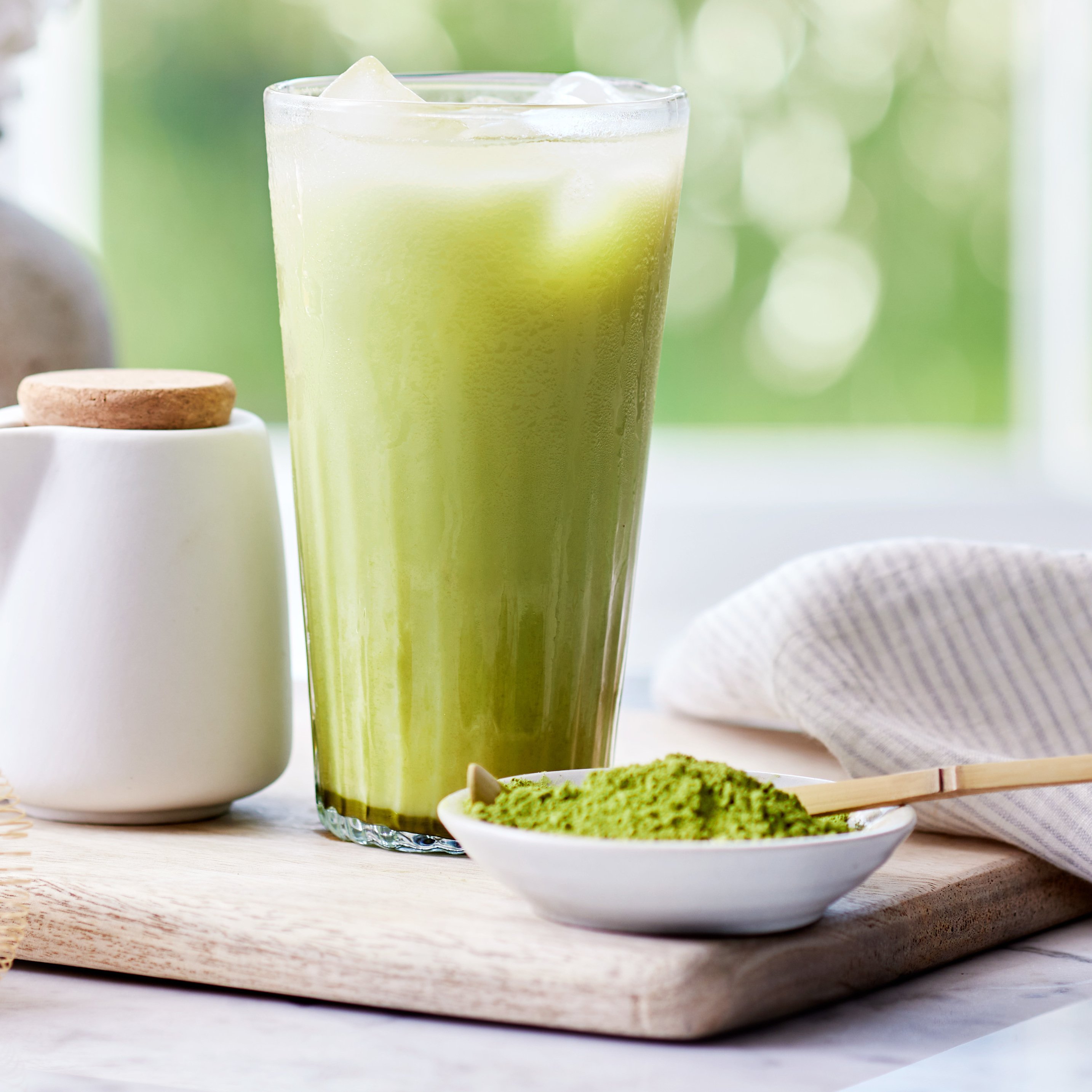Black tea is one of the most widely consumed beverages in the world. From the long–standing tradition of afternoon tea in the British Isles to the milky spiced beverage known as masala chaiin India, black tea has long been celebrated by many cultures around the globe.
Rooibos tea, also known as red bush tea or red tea, is not as widely known as black tea — though that may be changing, as it is quickly becoming a favorite among many tea drinkers.
But tea enthusiasts who are new to drinking rooibos often wonder: is rooibos tea a black tea? If not, what is the difference between black tea and rooibos? Keep reading to learn everything you should know about this flavorful red–hued beverage and how it differs from black tea.
Rooibos Tea Vs. Black Tea Origins
The major difference between black tea and rooibos is that they are harvested from two entirely different plants, which are native to different parts of the planet.
Black tea is derived from the traditional tea plant Camellia sinensis, which is native to East Asia and the Indian Subcontinent. This is the same plant used to produce green tea, white tea and pu–erh tea. India is the world’s largest producer of black teas, though it is also cultivated in China, Sri Lanka, Indonesia, Nepal, Kenya and elsewhere around the world.
Rooibos, on the other hand, is derived from the shrub Aspalathus linearis, which grows in the Western Cape of South Africa. After the leaves are harvested, they undergo oxidation — the process that gives rooibos leaves their distinctive reddish–brown color. Red bush tea has been consumed in South Africa for hundreds (if not thousands) of years, though it has only gained popularity in Western cultures during the last several decades.
Rooibos Tea Vs. Black Tea Caffeine
Camellia sinensis naturally contains caffeine, though the amount of caffeine varies depending on how the leaves are processed after harvest. In the production of black tea, the Camellia sinensis leaves are allowed to fully oxidize before they are heated and dried. This causes them to retain more caffeine than other varieties, such as green tea. A standard six–ounce cup of black tea contains approximately 50 milligrams of caffeine, or around half the amount found in a similarly–sized cup of coffee.
Does rooibos tea have caffeine? Rooibos is an herbal tea, which means it is naturally caffeine–free. This makes rooibos a wonderful choice for sipping at any time of the day or evening, as well as for tea drinkers who are sensitive to the effects of caffeine.
Rooibos Tea Vs. Black Tea Taste
Generally speaking, black tea has a bold, slightly malty flavor and a strong aroma. The flavor of black tea leaves changes and develops during the oxidation process, resulting in a deeper, full–bodied taste compared to other tea varieties. Various combinations of sugar, honey, lemon and milk or cream are commonly added to black tea.
Depending on where in the world it is grown and how exactly it is processed after harvesting, black tea’s tasting notes might be described as nutty, smoky, spicy, earthy, fruity, leather, caramel, citrus, or honey. Popular varieties of black tea include Assam, Darjeeling and Ceylon. Each offers its own unique tasting experience.
What does rooibos tea taste like? Red tea is smooth and easy on the palate, with a full–bodied nutty, woody flavor and natural sweetness. The flavor of rooibos lends itself well to herbal blends, especially those featuring warm notes of vanilla, caramel and chocolate, as well as citrus and other fruit flavors.
Like black tea, rooibos is often served with milk, lemon, sugar or honey. Rooibos tea lattes are a favorite among tea drinkers who desire a satisfying warm beverage without the caffeine.
Rooibos Tea Vs. Black Tea Health Benefits
There are numerous benefits of drinking black tea. As previously mentioned, black tea contains just half the caffeine of coffee. In the right dosage, caffeine can have a positive effect on mood, concentration and exercise performance.* But for individuals who are sensitive to the effects of caffeine, switching from coffee to tea in the mornings can help reduce unwanted side effects such as shakiness, dizziness, insomnia and stomach upset.*
During the process of oxidation, black tea leaves develop flavonoids — beneficial plant compounds with antioxidant properties. Antioxidants may help remove free radicals from the body and decrease cell damage, which is a major cause of many chronic diseases.* Specifically, studies have found that the antioxidants in black tea may lower the risk of certain cancers, heart disease and diabetes.*
What are the health benefits of rooibos tea? Like black tea, red bush tea is rich in antioxidants that may help the body fight off disease and cellular damage over time.* In particular, the antioxidants found in rooibos tea have been linked to increased heart health.*
Yet unlike black tea, rooibos is low in tannins and contains no oxalic
acid, making it a gentler alternative for individuals with gut sensitivities or who are prone to kidney stones.*
Rooibos also contains iron, magnesium, phosphorus, potassium and other nutrients.*
How About Green Rooibos vs. Green Tea?
Another common source of confusion among tea drinkers is green rooibos tea. Given the name, it might be easy
to assume that green rooibos is rooibos tea blended with green tea — however, that is not the
case.
Green rooibos is made from the same plant as red rooibos, Aspalathus linearis. But like
green tea, green rooibos undergoes a heating process that halts oxidation. This process affects the chemical
structure of the leaf, as well as the final color and flavor. Compared to red rooibos, green rooibos is lighter
and mellower in flavor, but with the same natural sweetness and nutty taste. It is also entirely caffeine–free and
offers many of the same wellness benefits as red rooibos.*
*These statements have not been evaluated by the Food and Drug Administration. This product is not
intended to
diagnose, treat, cure or prevent disease.
Read Next: Matcha
vs. Green Tea: What Is the Difference?






